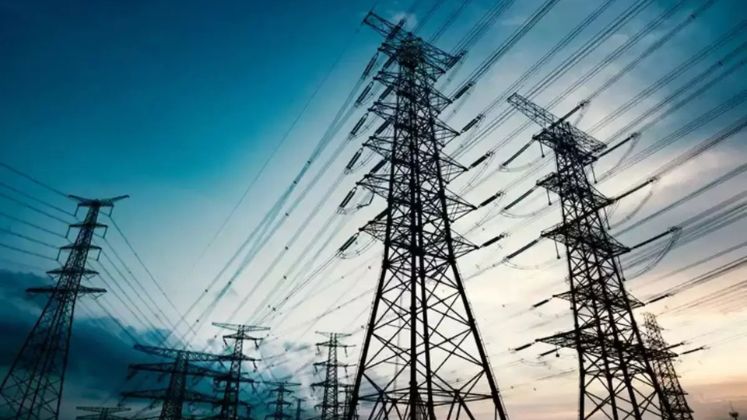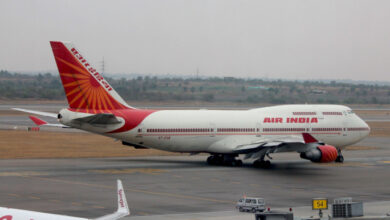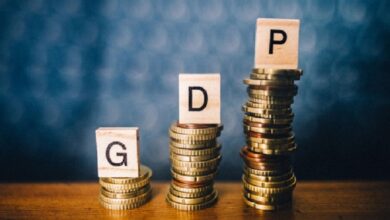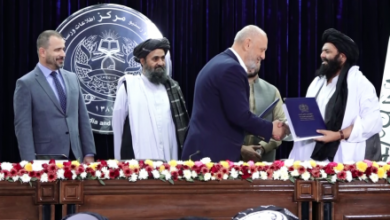Nepal proposes electricity tariff for Bangladesh export deal
To ensure timely payment of electricity bills, Nepal has also suggested the implementation of a rebate system as well as penalties.

Dhaka: Nepal has proposed a tariff for the power it plans to export to Bangladesh as the two sides inched closer to a deal for the first-ever electricity trading, reports The Kathmandu Post.
Both countries have preliminarily agreed to the export of 40MW of electricity from Nepal to Bangladesh.
During Prime Minister Pushpa Kamal Dahal’s visit to India in May-June last year, India pledged to facilitate the export of 40MW of electricity to Bangladesh.
Given that Indian territory lies between Nepal and Bangladesh, the involvement of India is crucial for both parties in the energy trade.
“We recently sent a tariff proposal to the Bangladeshi side in a sealed envelope,” said Pradeep Kumar Thike, the deputy managing director who oversees power trade at the Nepal ElectricityAuthority (NEA). “The rate that we have proposed is approximately equivalent to the rate that we are charging India under a five-year power purchase agreement.”
He didn’t want to divulge the actual tariff the NEA has proposed. But based on a five-year long power purchase agreement signed between the NEA and the NTPC Vidyut Vyapar Nigam Limited (NVVN) Limited-India back in May last year, the tariff could be below Rs10 per unit.
In September last year, the southern neighbour granted Nepal an approval to sell 110MW of power generated by the 83.42MW Solu Khola (Dudh Koshi) and 26.19MW Dordi Khola Hydropower Project to India as per the agreement signed between the NEA and NVVN Limited.
Former NEA official Prabal Adhikari had told the Post in June last year that the NEA would receive a net tariff of IRs5.25 (Rs8.40) per unit from India after trade margin, transmission losses and transmission charges.
“The NEA would not bear the cost of transmission and trade margin [service charge] for supply of power to India,” he had said.
According to NEA officials, tariff is the final part of the ongoing negotiation with Bangladesh regarding the sale of 40MW.
Once the two sides agree on a tariff to be charged, Nepal, Bangladesh and India are expected to sign a tripartite deal under which Nepal will export power to Bangladesh for the first time.
Nepal and Bangladesh in May last year had agreed to sign a tripartite agreement between the NEA, the Bangladesh Power Development Board and the NVVN during the meeting of the energy secretary-level joint steering committee.
“We now await the opinion of the Bangladeshi side on the tariff we have proposed,” said Thike. As per the understanding reached between the two sides, Nepal will export power from June 15 to November 15, according to him. “The two sides have also agreed to sign a five-year power sale agreement,” he said.
Earlier, Bangladesh had sent a draft request for proposal (RfP) in response to which Nepal had proposed the tariff. Besides tariff, Nepal has also included details on how Nepal would deliver power to Bangladesh.
“The delivery point will be a 400kV substation at Muzaffarpur in India, and Bangladesh will pay the transmission charge of Indian transmission infrastructure,” said Thike.
NEA officials said that transmission charges will be equivalent to what India’s power traders currently charge buyers and levied as per India’s open access rules.
Bangladeshi entities may also have to pay service charges to the NVVN, which is India’s nodal agency for cross-border power trade, for the agency’s efforts in obtaining its government’s regulatory approval. The export will be facilitated by utilising the high-voltage Baharampur-Bheramara cross-border transmission link between India and Bangladesh.
Nepal has also offered concession in the bill, provided the Bangladeshi entity pays early. “Bangladesh is expected to pay the bill within 45 days of its issuance,” said Thike. “If the bill is paid within seven days of its issuance, the buyer will get a certain waiver in tariff.”
He, however, said that Nepal has also proposed charging a higher tariff if the payment is delayed. “We have proposed a rebate and penalty clause depending on how early the bill is paid,” Thike added.
Nepal has so far not exported power to other countries except India. Both Nepal and India have agreed, in principle, to involve Bangladesh as a partner for energy cooperation when they issued the Joint Vision Statement on Power Sector Cooperation in April 2022
Thike also said that the quantum of power export to Bangladesh could be increased based on future agreements and transmission infrastructure capacity.
Bangladesh is also keen to buy more.
Speaking at an interaction in Lalitpur last month, Bangladeshi Ambassador to Nepal Salahuddin Noman Chowdhury said that his country’s existing generation has not been enough to meet the growing demand for power and Nepal could fill that gap.
“Currently, Bangladesh produces around 25,000MW of electricity against the demand of over 30,000MW,” said Chowdhury. “If Nepal supplies us 3,000–4,000MW right now, we can consume it all.”




